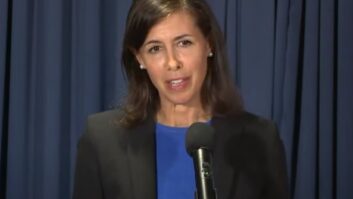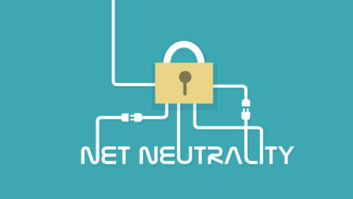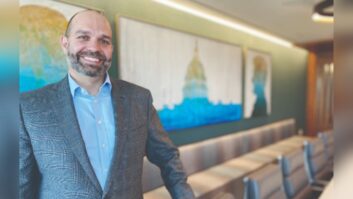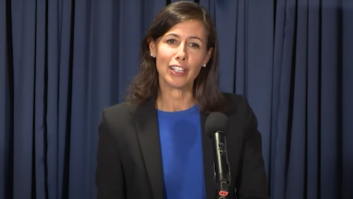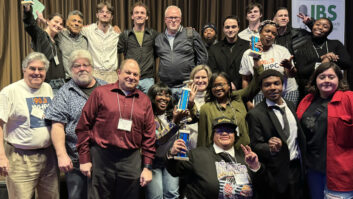WASHINGTON ��The Obama-era net neutrality rules are on the chopping block at the FCC.
The rules set restrictions on internet service providers to prevent them from prioritizing web traffic or conversely slowing down traffic. Supporters say it created a level internet playing field � but the broadband industry sees the rules as over-regulation. At issue is the Open Internet Order, a sweeping set of policies passed back in 2015 aimed at ensuring net neutrality � the idea that internet service providers should treat all traffic equally. The rules ban your home broadband provider from degrading your Netflix streams, for example, to encourage you to buy cable television instead. The same rules also prohibit your mobile carrier from blocking Skype, according to Wired.com.
The Open Internet Order also reclassified internet providers as �Title II� common carriers, much like telephone companies, a designation that gave the FCC legal authority over their business practices.
On April 25�FCC Chairman Ajit Pai unveiled his plan for rolling back net neutrality. His proposal would let internet service providers voluntarily promise to uphold net neutrality principles by including them in their terms of service with customers, according to thehill.com. The FCC would also hand oversight of those companies to another agency: the Federal Trade Commission.
Once Pai�s Notice of Proposed Rule Making is approved, which is likely to happen at the FCC�s open meeting May 18, the public will have 60 days to file comments, followed by an additional 30 days to respond to the comments. The FCC�s staff will then have to turn all that feedback into a final order that commissioners will vote on�a process that will take months. Based on Pai�s eagerness to re-reclassify broadband providers, the action will likely happen sooner than later, according to Wired.�





